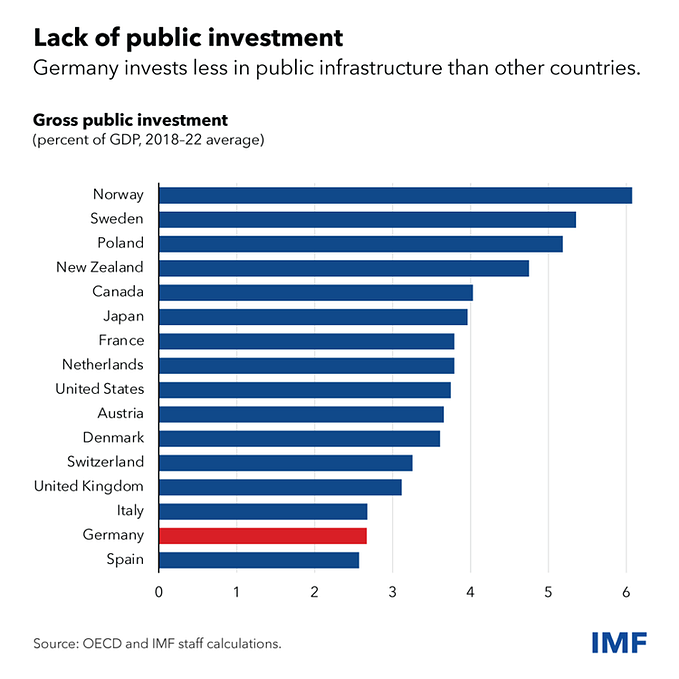Member-only story
The Metaverse Is Dead On Arrival
Will the concept become (virtual) reality before we lose interest?

Since I wrote this “viral” piece about the Metaverse (and NFT) boom going bust on March 15, the traffic trends have continued to tumble down towards zero.
The Metaverse exploded into public view on the back of Facebook’s rebrand to Meta in late October 2021. It quickly became the corporate buzzword of the moment, and companies scrambled to release statements and visuals of future Metaverse-related projects because… well, reasons.
But, just 7 months later, the hype is fading fast, and there’s a real danger that interest in the Metaverse will flatline long before it’s fully realized.
The situation can be summarized by Marc Petit, Epic Games’ VP and general manager of Unreal Engine, who put it bluntly, “People have kind of lost interest in the Metaverse, because characters look like cartoons with no legs. I mean, who wants to be that? This is not attractive.”
While that’s an excellent explanation, there’s more to it than that.

The public is confused
The majority of the population — especially those not involved or knowledgeable in the tech space — still don’t understand what the Metaverse is or why they should care about it. And it’s no wonder. We hear lots about ‘potential’ uses and devoted fans shouting that IT’S THE FUTURE, but every announcement or demo or PR release comes with the caveat that it’s 10 to 15 years away. Let’s cut to the chase — the general population doesn’t get excited about things that far ahead.
It’s not necessarily an age-related confusion either. The Taking Stock of Teens study found that 50% of teens are either unsure of the Metaverse or have no intention of buying a VR device. In addition, a late 2021 survey by Forrester showed that only 34% of online adults were excited about the Metaverse, and less than 30% thought it would be good for society.
The Metaverse concept is at an inflection point; people either write off its potential or are diehard…









